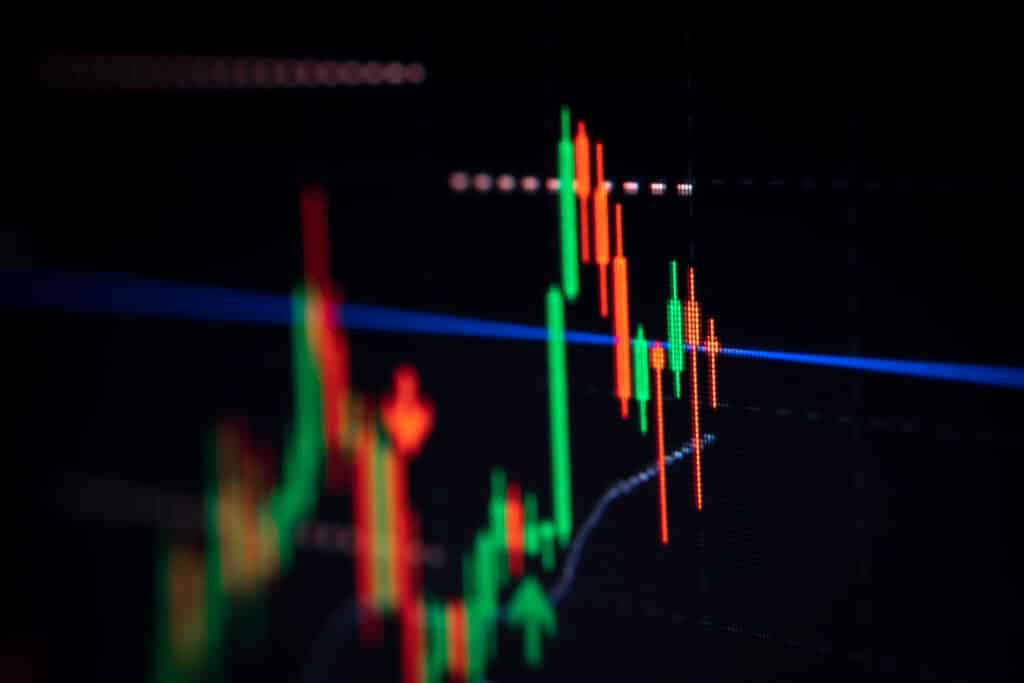The economy has seen some major ups and downs in the last few years. When Covid-19 hit, it took quite the toll on the world’s economy. And in the United States, things are no different. We’ve seen supply chain issues, unemployment, housing market ups and downs, and some steep lows on the stock market. So, what does all of this mean? Is a recession coming in 2023? If so, how do we prepare?
What Is A Recession?
Before we dive into preparing for a recession, we want to first define what a recession is. A recession is a significant downturn in the economy, caused by a number of factors, but specifically a GDP (gross domestic product) that’s continually trending down. When this happens, the economy slows including employment rates, consumer spending, stock market values, and more.
How to Prepare for A Recession
One of the biggest things to remember during a recession is that you can’t control the economy but you can control what you do with your personal finances. That may go without saying, but the best thing you can do to prepare for a recession is to make sure you’re financially stable. Here are a few tips that will help you do just that:
1. Save.
This may go without saying, but we need to say it anyway. Make sure you’re saving a good chunk of your income each month for emergencies. Some call it a “rainy day fund” and others an “emergency fund.” No matter what you call it, it should be anywhere from three to six months (or more) of your monthly expenses. Just remember: It’s for emergencies only. You never know what life will throw at you and having this fund will give you peace of mind as you move ahead.
2. Spend wisely.
When the economy is booming, it’s easy to want to spend money and splurge on quality items, extras, and things that we may not necessarily “need.” But during a recession, the idea is to make do with what you have and spend your money wisely. Part of wise spending is keeping track of your spending with a budget. A budget helps you see exactly how much money you have coming in and how much money is going out—every single month. Once you begin tracking your spending, you’ll get a better idea of where you need to cut back, how much more you can save, and where you can be more frugal with your spending.
3. Avoid taking on more debt.
If you’re not in a pinch, waiting to buy big ticket items that lead you further into debt is key. If you’re renting (and able to afford your rent), or if you’re tossing around the idea of buying a home, it’s best to wait as long as you can. The same goes for purchasing new cars. Taking on a hefty car payment when the economy is slowing down may not be the best idea (depending on your circumstance, of course).
Either way, avoiding more debt and learning to manage the debt you already have is best practice. Get on a budget and figure out just how much you can begin to put toward your credit cards and other bills that are holding you (and your finances) back from saving more.
4. Work with an advisor on your investment strategy.
One of the worst things you can do during a recession is panic. Taking your money out of your retirement accounts or stopping your investments completely will hurt you in the long run. Work with your SageSpring advisor to determine a strategy for any investments you might be worried about. We’ll help you determine the best plan of action for your investments moving forward.
Remember, we can’t control the economy. But we can control how we respond to it—especially when it comes to our finances. Don’t panic and stick to your plan. And in the meantime, thinking through your spending and financial preparedness is one of the best things you can do to prepare for a potential recession.
Work with a local SageSpring advisor in your area today. We’ll make sure you feel confident moving into this next season.

